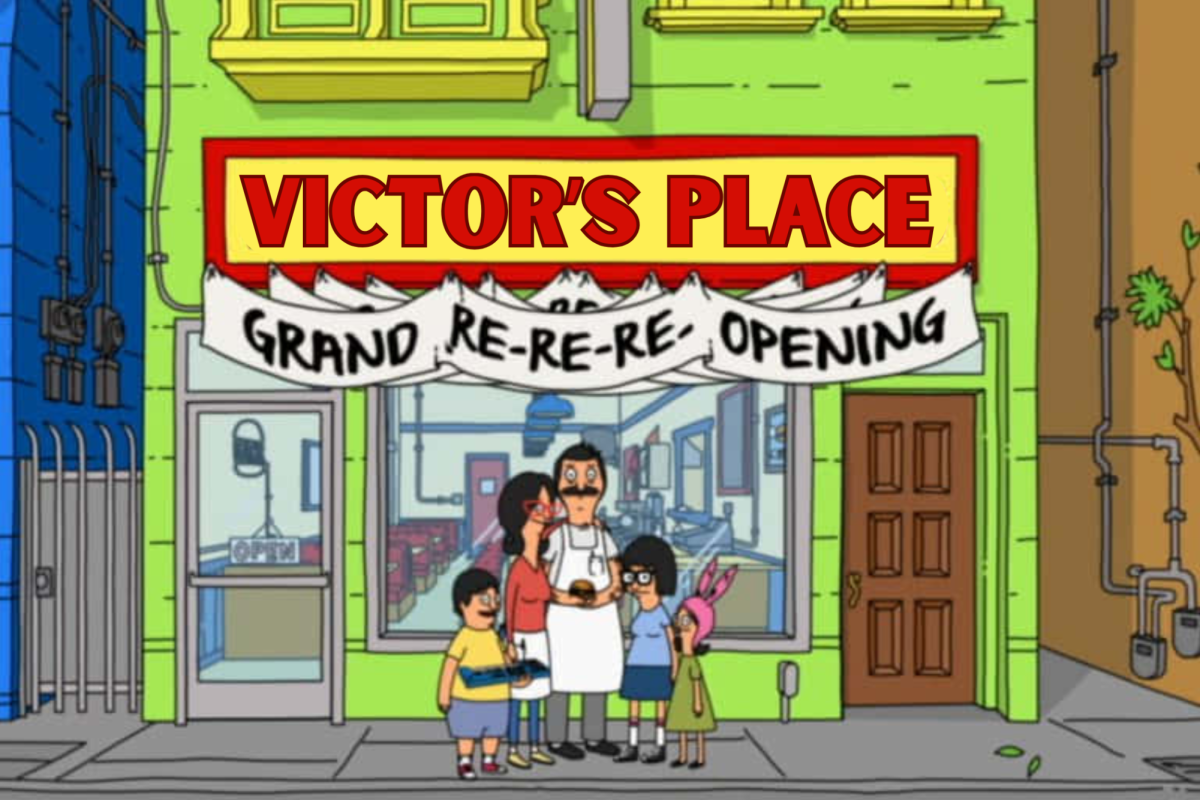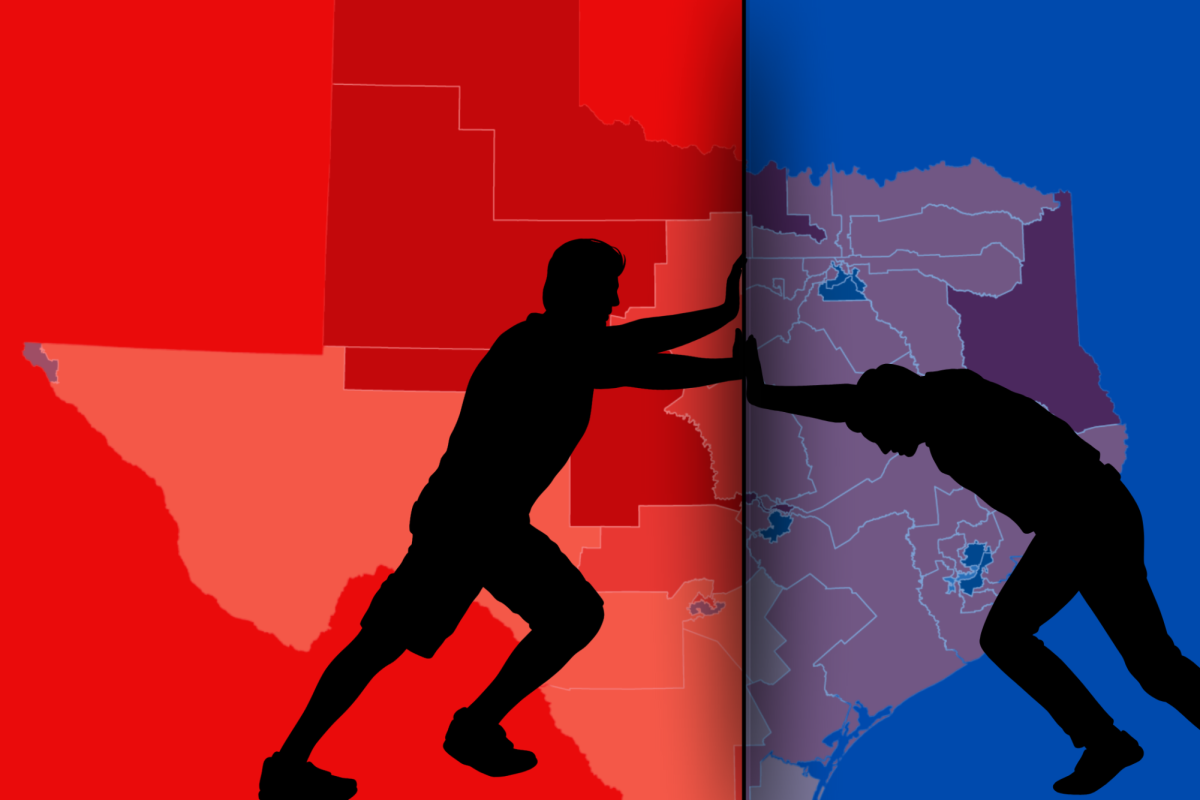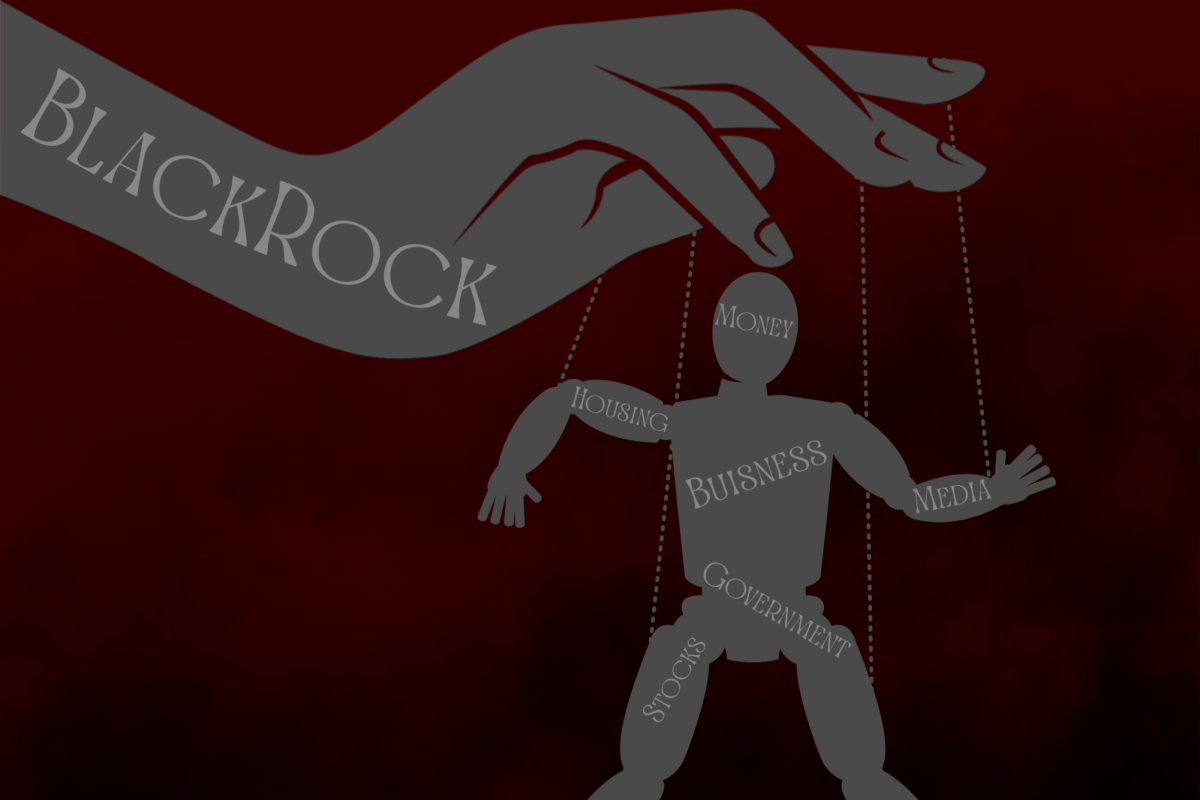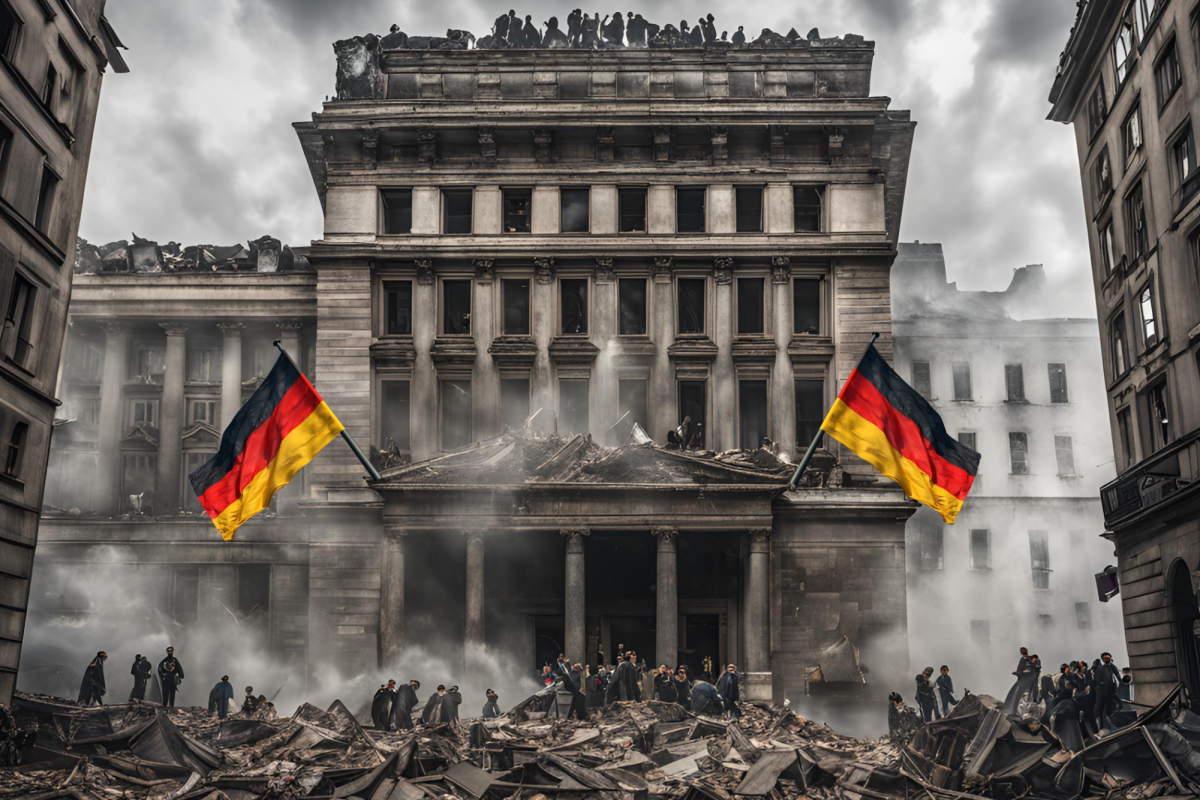German Chancellor Olaf Scholz fired his Finance Minister Christian Lindner on November 7 after he showed no intent to organize a brighter future for Germany by rejecting multiple economic proposals.
“The finance minister shows no willingness to implement [any proposals] for the good of our country. I do not want to subject our country to such behavior anymore,” said Scholz.
According to Scholz, Lindner was making work impossible in Germany’s governing three party coalition by refusing to compromise on methods to re-establish Germany’s sluggish economy.
The three party coalition contains Scholz’s Social Democratic Party (SPD), the environmental Greens, and the neoliberal Free Democratic Party (FDP).
“Lindner being fired signaled the collapse of the coalition government that has led Europe’s largest economy since 2021,” said NPR News.
Due to Scholz’s actions, there have been many calls from political opposition to induce an immediate election in hopes of removing Scholz and the rest of his administration from office.
According to the Economic Times, “[Scholz] said he would seek a vote of confidence in January that might lead to early elections that otherwise would be due next September.”
The confidence vote involves holding a vote in the Bundestag, which is the German federal parliament.
If Scholz doesn’t win the vote of confidence then the Head of State, Frank-Walter Steinmeir, can dissolve the members of the Bundestag and call for a new election.
This would allow a new government party, which the majority of parliament has agreed upon, to exercise power in Germany.
After being fired, Linder said “Olaf Scholz has played down the economic concerns of the citizens.”
Lindner has repeatedly spoken out against Scholz, saying he couldn’t agree with Scholz’s demand to suspend the debt breaks, when he was still in office.
Lindner also said he had proposed a fresh election, which Scholz rejected, and that Scholz counter-proposals wouldn’t do enough to combat the weak growth of Germany’s economy.
The European country’s “economy is expected to shrink in 2024 for the second year in a row,” said the Economic Times.
Scholz’s actions, or rather his lack of a response, will cause the government to enter a state of near paralysis, unable to attempt changes until the next elections results are revealed.
Scholz said, “Parliamentary action on all but the most urgent bills would be postponed.”
SPD will continue to be the minority government, along with the Greens party, as its popularity shrinks.
This will cause Scholz to focus on a case by case system in order to pass any major bills in Parliament.
According to The Washington Post, “54 percent of people surveyed would like to see early elections. The same survey also found that 85 percent of respondents were ‘little’ or ‘not at all’ satisfied with the government.”
Germany is set to have early elections on February 23, 2025.
According to Politico Media, as of now, the leading party is the Christian Social Union (CSU), which currently has 32 percent of votes.
On the other hand, Scholz’s SPD party falls 16 percent behind the Alternative for Germany (AFD) party, which as of “September 22” has “29.2 %” of the polls, said Politico Media. Additionally, the Greens party takes 10 percent of the votes. Clearly, Scholz will most likely not be re-elected as Chancellor.





























































